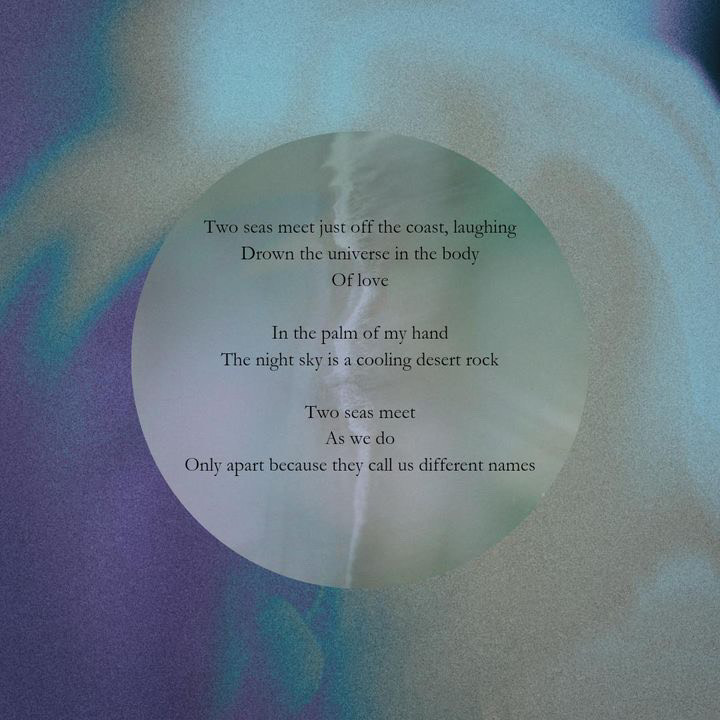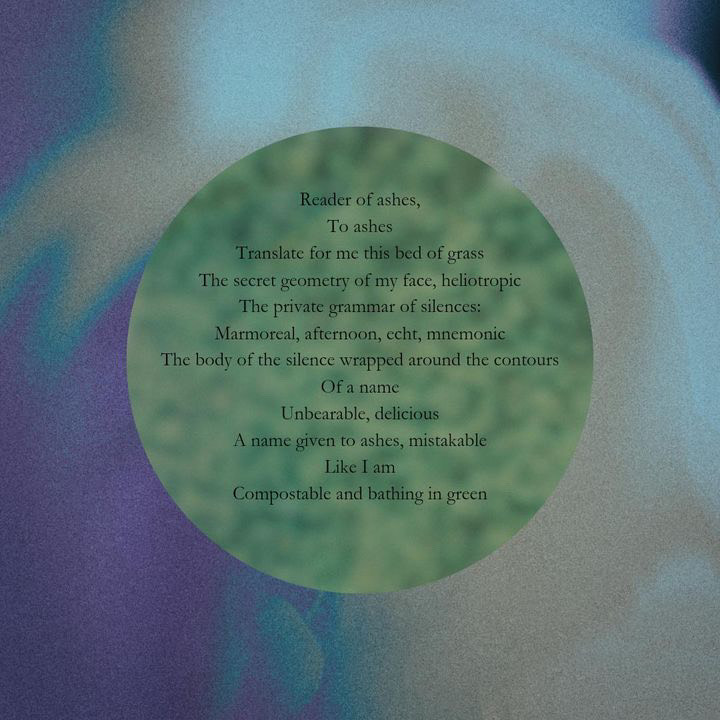By Sy Holmes
I stood next to Julia, holding a portion of Lou’s ashes in a Dixie cup. The air was calm, and it was cold, but not snowing yet. We were in a scrubby half-acre out behind Lou’s friend’s house, near Rochester. It was short on views, but my late father-in-law had claimed it was his favorite place on earth. He had hunted deer here. He could sit in his tree stand, drink Black Velvet, and be at peace. No memories of 9/11. No stress from the firehouse. No kids asking him for money. No cops bringing his drunk wife home. Just him, a rifle, a pint, and the deer that sometimes decided to show up. It was beautiful. He wanted his cremains scattered here.
“Dixie cups?” I had asked Julia.
“What the hell else are we supposed to scatter him out of, Ben?”
“I don’t know.”
I really didn’t. Maybe they made special ash-scattering cups. I had always assumed that was something the funeral home would give you on the house.
“Ben, baby,” she was talking slowly, like I was a kid in her second-grade class, “we’re giving him the best we can.”
“Yeah, I know, but I used to drink Sunny D out of these after church.”
“We’re doing the best we can.”
“I know, babe, I know. He’d just think it was funny too, probably.”
“I don’t think it’s funny, Ben. He’s my father. He’s dead. We’re honoring his memory.”
“I know, I know.”
Lou had been a man dedicated to his college rock. On late-night shifts in the ‘80s, when there was nothing else going on, he’d call radio stations until he became caller number five or whatever and win records. Eventually a couple of them had to ban him. His wife got herself banned from the local Chinese place, the school where she worked as a teacher’s aid, and most of the bars in Queens. His kids had gone to Catholic schools. It wasn’t a bad life, he’d say. I was from South Carolina, which was close enough to Georgia for him, so he always told me about how much he loved R.E.M. Murmur, Fables, and Automatic were classics, of course, but his favorite album was Monster.
I’d come up to his retirement place – the house in small-town Pennsylvania – on Christmas and sit in the garage with him, listening to it as he got drunk and nodded along. He had the album on a moderately-scratched CD. Some friends I have are all about sound quality, fancy speakers. Not Lou. Lou was a man for the people. If the boys from Athens repeated a couple lines, that was alright with him. He wanted “Strange Currencies” played at his funeral. It felt weird holding him in a paper cup next to a picture of him, young and thin in his FDNY turnouts, CD player ready to go on the leaning folding table.
We were all going to walk around the woods, sprinkle out his ashes, then reconvene for the final goodbye. I split off from Julia and wandered, sprinkling the ashes into a bush here, in some moss there, trying not to create little piles of Lou everywhere. I loved the man. I don’t want to make light of his memorial. It was hard looking at Julia through the trees, trying to do the same thing. I liked to think Lou would think it was ridiculous. I liked to think he was looking down on me from somewhere. It made it easier to cope with the fact that he was gone, and this was all I could do about it.
We all made it out of the trees. There was a tasteful trash can for the Dixie cups. I crushed mine and put it in my pocket, promising myself that I would burn it in our backyard later. Hell, I might take the whole bag back in the car with Julia. Just her and me and the cups contaminated with the remains of her father. I would build a bonfire and hope the HOA didn’t bitch.
Mikey, Julia’s younger brother, was standing by the table. He was wearing a black suit with a black shirt, a red tie to round it out. He was ready. Ready to play the disc. Ready to inform me that it was time to leave an Italian restaurant. I was in no state to judge Mikey’s fashion choices. I was freezing my ass off, an old down coat over my blazer. When you’re thinking about an outdoor memorial service, you really never consider that no one is going to lug fine wooden furniture out to the woods, or that maybe your dumbass family and friends won’t look like a Brooks Brothers catalog. You never think about Dixie cups and the fact that it isn’t going to be the classiest thing on earth unless you’re mob-connected. It’s hard to fuck up R.E.M., though, unless you decide to play “Everybody Hurts.” At least Lou could have that.
Mikey pressed play. I was waiting for the feedback. I could almost see Lou, drunk and leaning his head back, tapping his foot, smiling. Instead I got the click and piano riff of the song after it, “Tongue,” the band’s ode to the cunnilingus, desperate yearning, and the pain of feeling like a last-resort lay. As I heard Michael Stipe’s falsetto start, I tried to bury my face in my hands and act like I was overcome with emotion. It didn’t work. I was cackling, man, not a shred of dignity left.
“Ben,” Julia hissed at me, “this was the song he wanted. I don’t get it, either, but could you stop being an ass for five fucking minutes?”
I’m sorry, Lou, we fucked it all up. I should’ve known. You should’ve known. I hope you’d have done the same.
Sy Holmes is a writer from western North Carolina. He lives in Montana with other people’s dogs.



